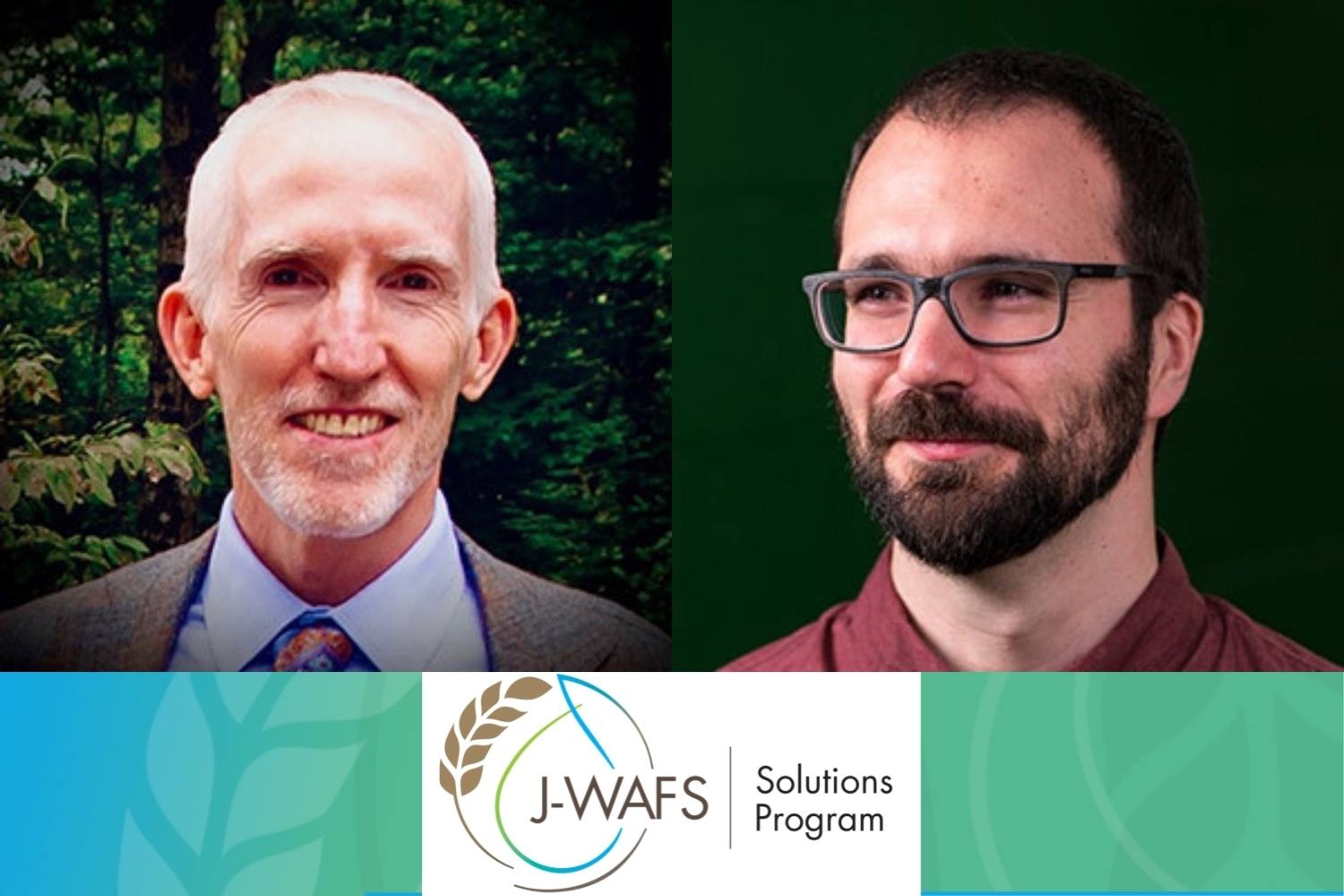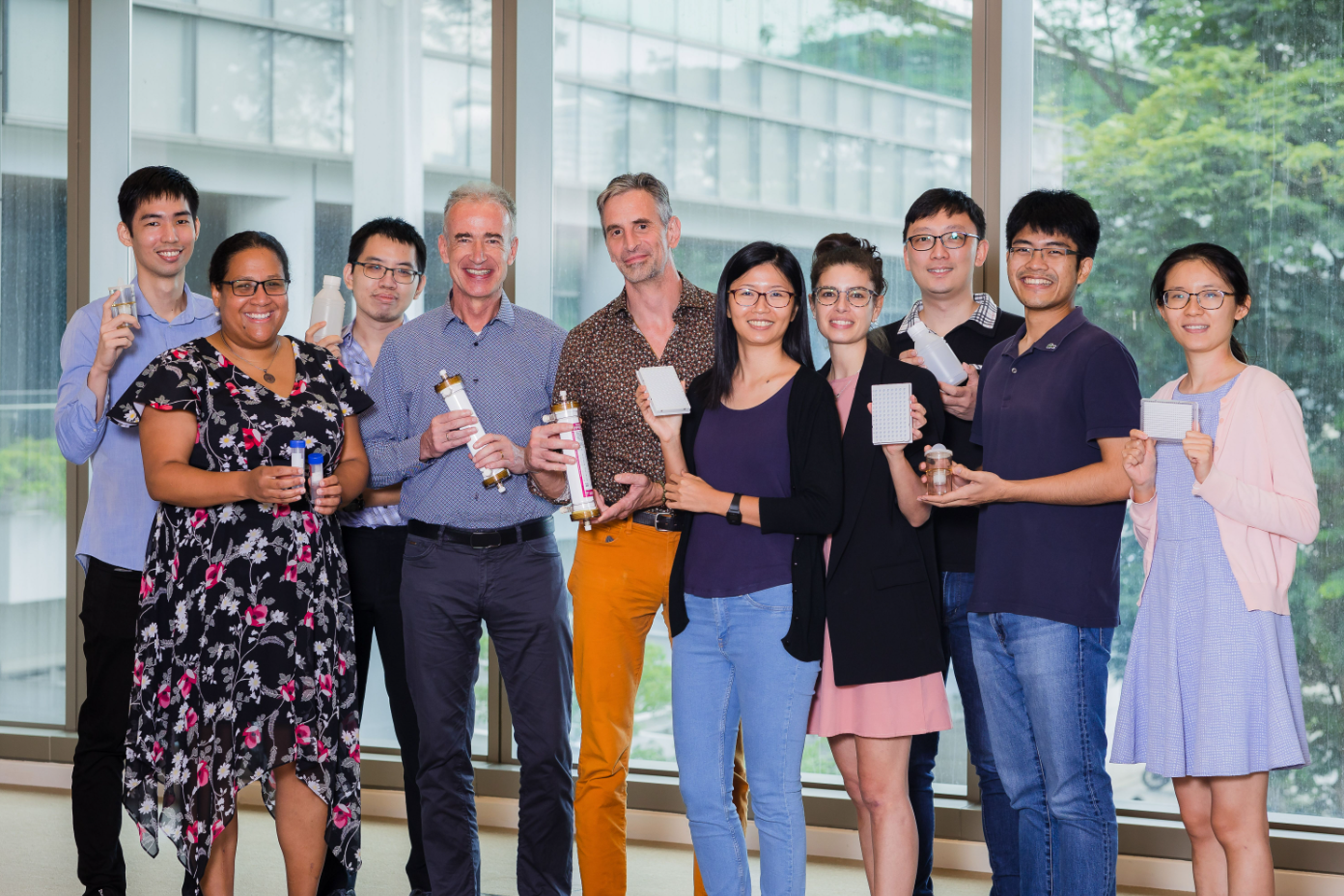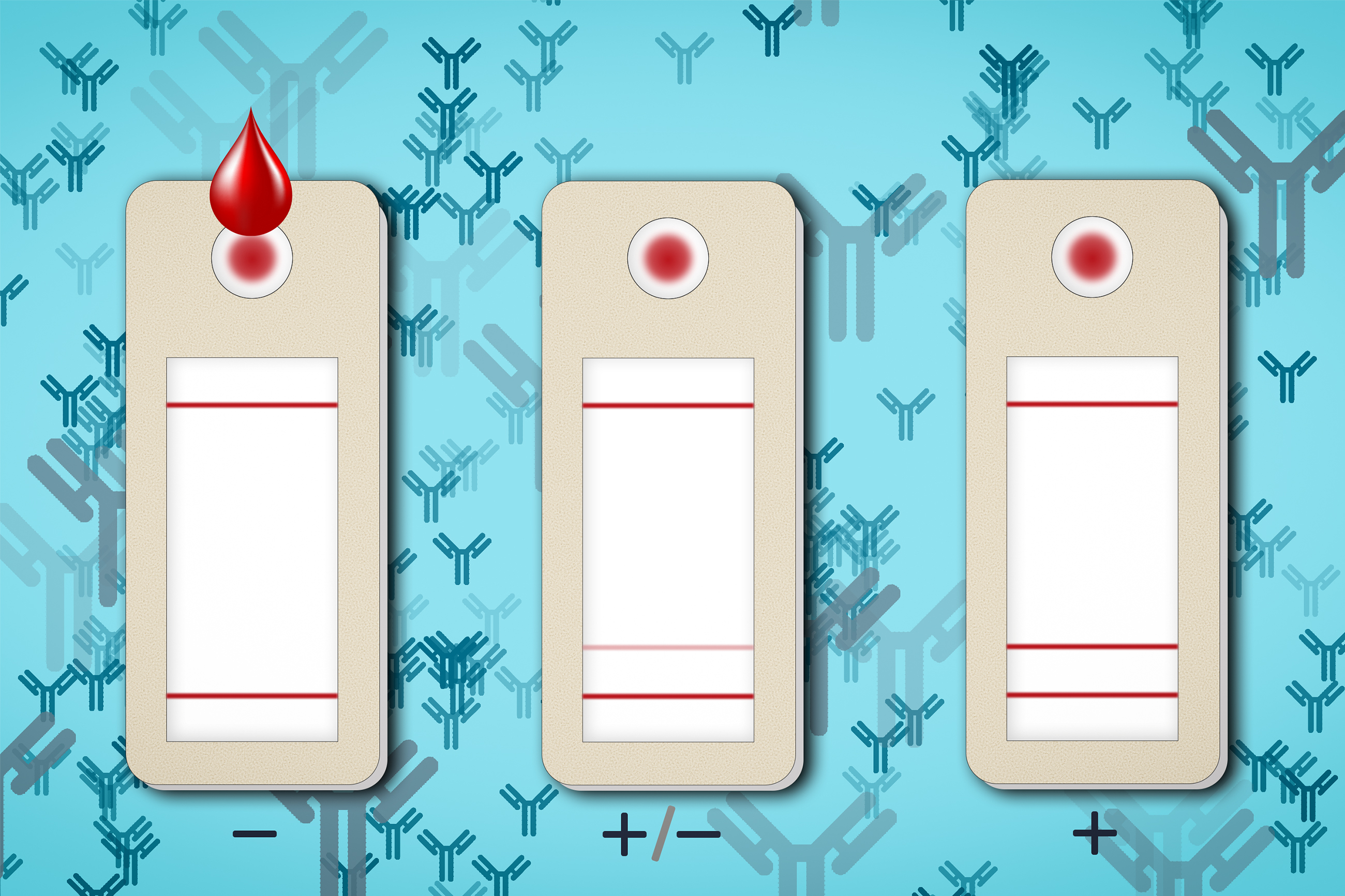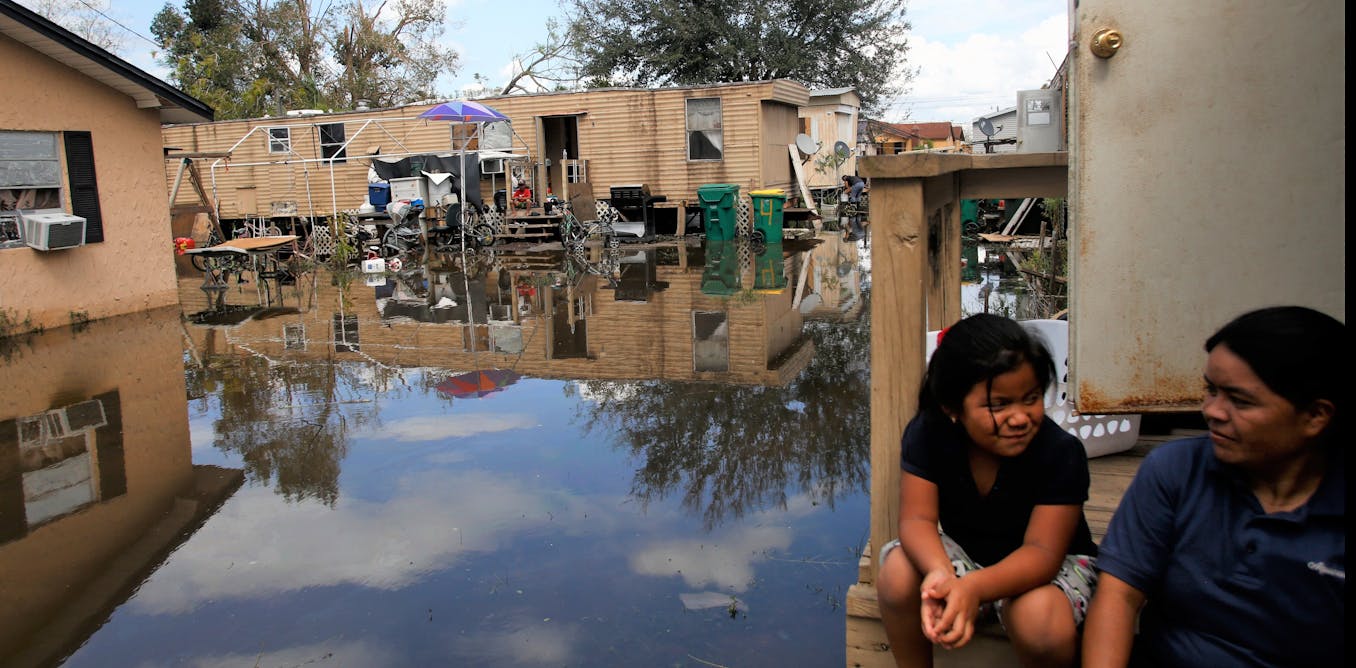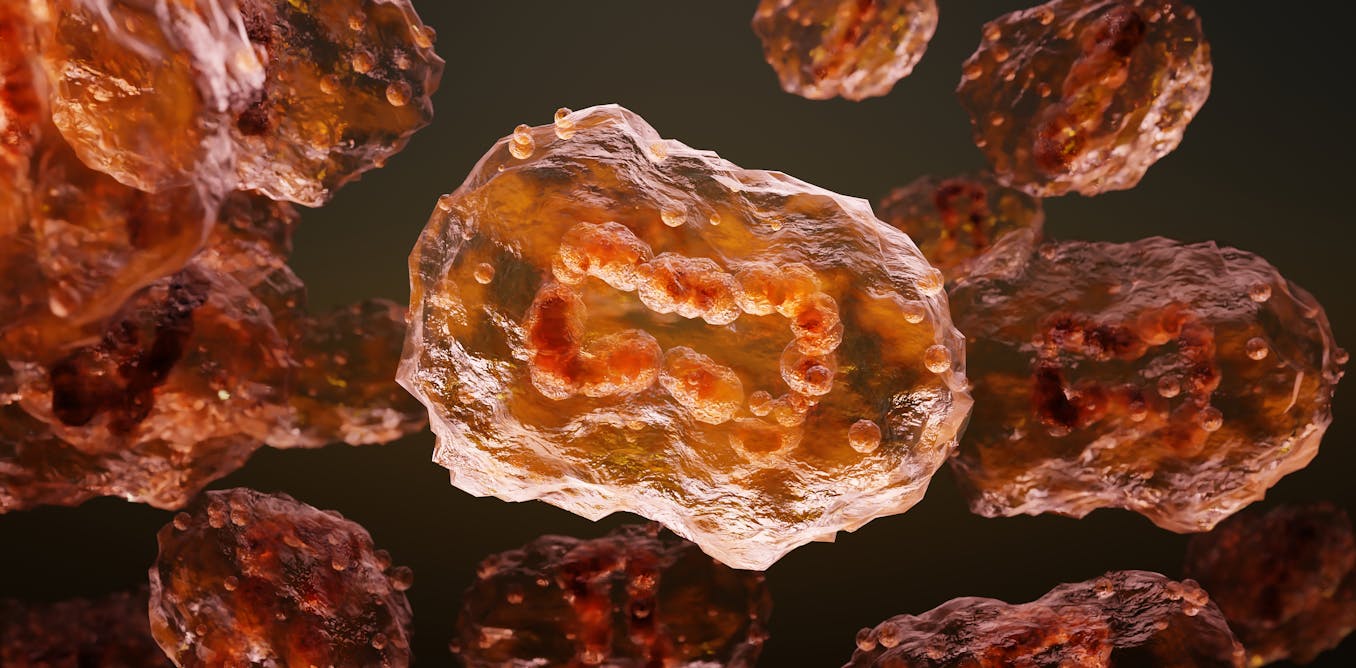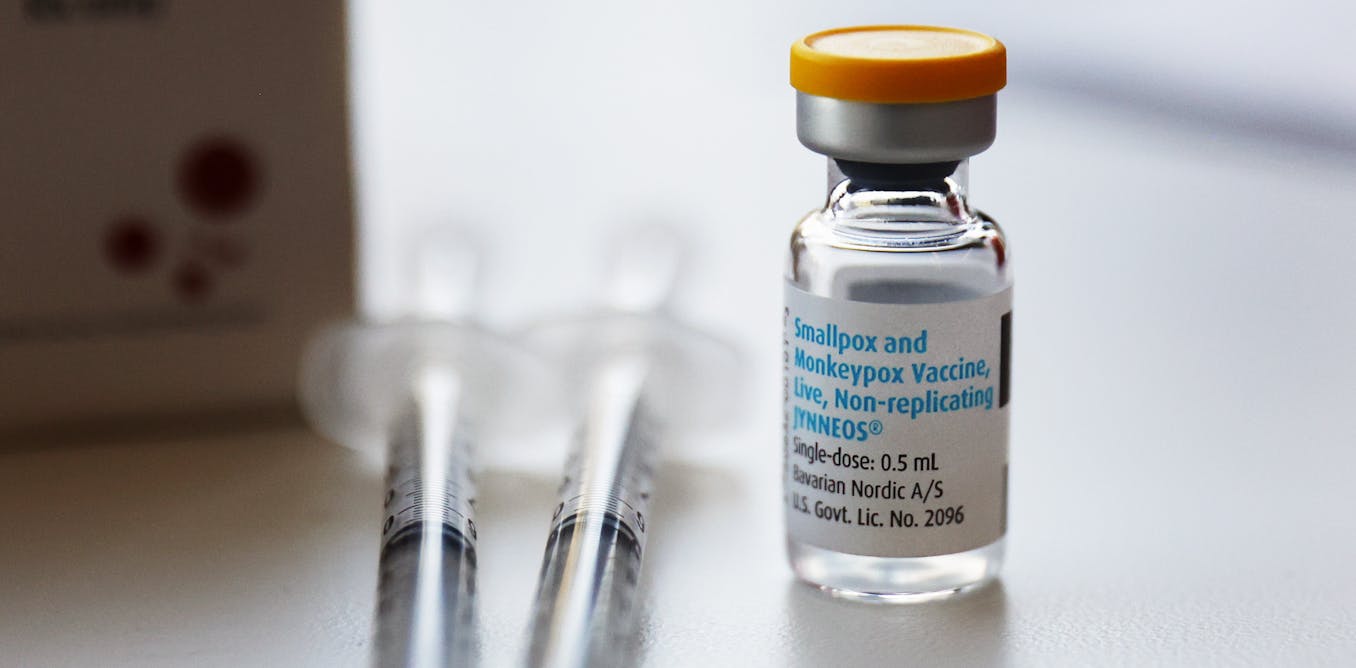Is the pandemic over? We asked an economist, an education expert and a public health scholar their views
President Joe Biden’s suggestion that the COVID-19 pandemic is over has led to a backlash among some experts who suggest the comment is premature – and counterproductive.
Sept. 21, 2022 • ~7 min


